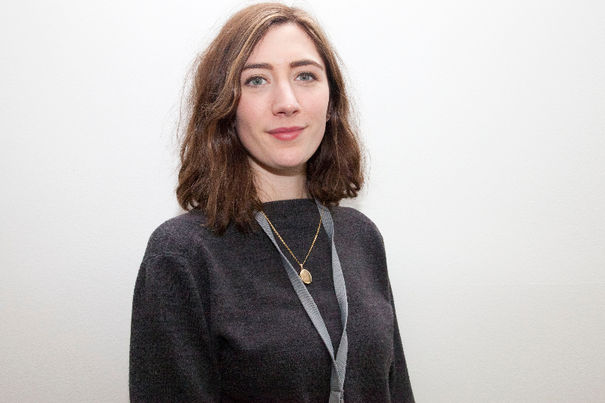From the Ashes; Scotland’s art and culture flourish in times of hardship
by Oriana Franceschi Last year, the Glasgow School of Art’s landmark building designed by Charles Rennie Mackintosh caught fire. I was on my way to work nearby and stopped when I saw the smoke. I stood in among the art students gathering on the pavement and found myself caught up in the grief of the crowd.

Oriana Franceschi
These are hard times for the artistic community in Scotland, where the UK government has severely cut the Art Council’s budget. Fortunately, a nation’s creative minds are the most adept at turning a poor situation into an opportunity. In the past year, I’ve attended plays in leaking disused buildings, film screenings in underground car parks, and an art festival within the cavernous arches of Edinburgh’s forgotten vaults.
Scotland has risen to the challenge of bringing culture to the people for pennies, and the months leading up to the independence referendum sparked innovation across the arts. And somehow, alongside the more established Edinburgh and Glasgow film festivals, new remote or niche festivals have been springing up all over the country: from the eclectic Loch Ness Film Festival, to Hawick’s surreal Alchemy Festival of Film and the Moving Image, to the Hippodrome Festival of Silent Cinema in Bo’ness, or the Scottish Queer International Film Festival, launching in Glasgow this Autumn.
Along with new festivals, our film industry keeps producing a popular and diverse output, most recently finding box office success with Filth, Sunshine on Leith, and Under the Skin. Now plans have been revealed to establish a film studio in Scotland. According to Creative Scotland, who are in charge of the project, this—along with increased investment in film—will make Scotland “a nation that celebrates the importance of every aspect of its film culture.”
That celebration is the purpose of film journalism: to find great films and alert the world to their existence. Like the people involved in creating art here, there are those of us willing to write about it for next to nothing, or purely out of love. Our work can be found in new, Scottish zines and websites like Yuck ’n’ Yum, Human Resources, TYCI and Bella Caledonia. These are free, quickly accessible platforms where emerging critics and journalists can make themselves heard, and the creativity contained within them reflects the inventiveness of artists often working within meagre means; and meanwhile, the iconic Mackintosh library rebuilds its collection with donations, book by book.

